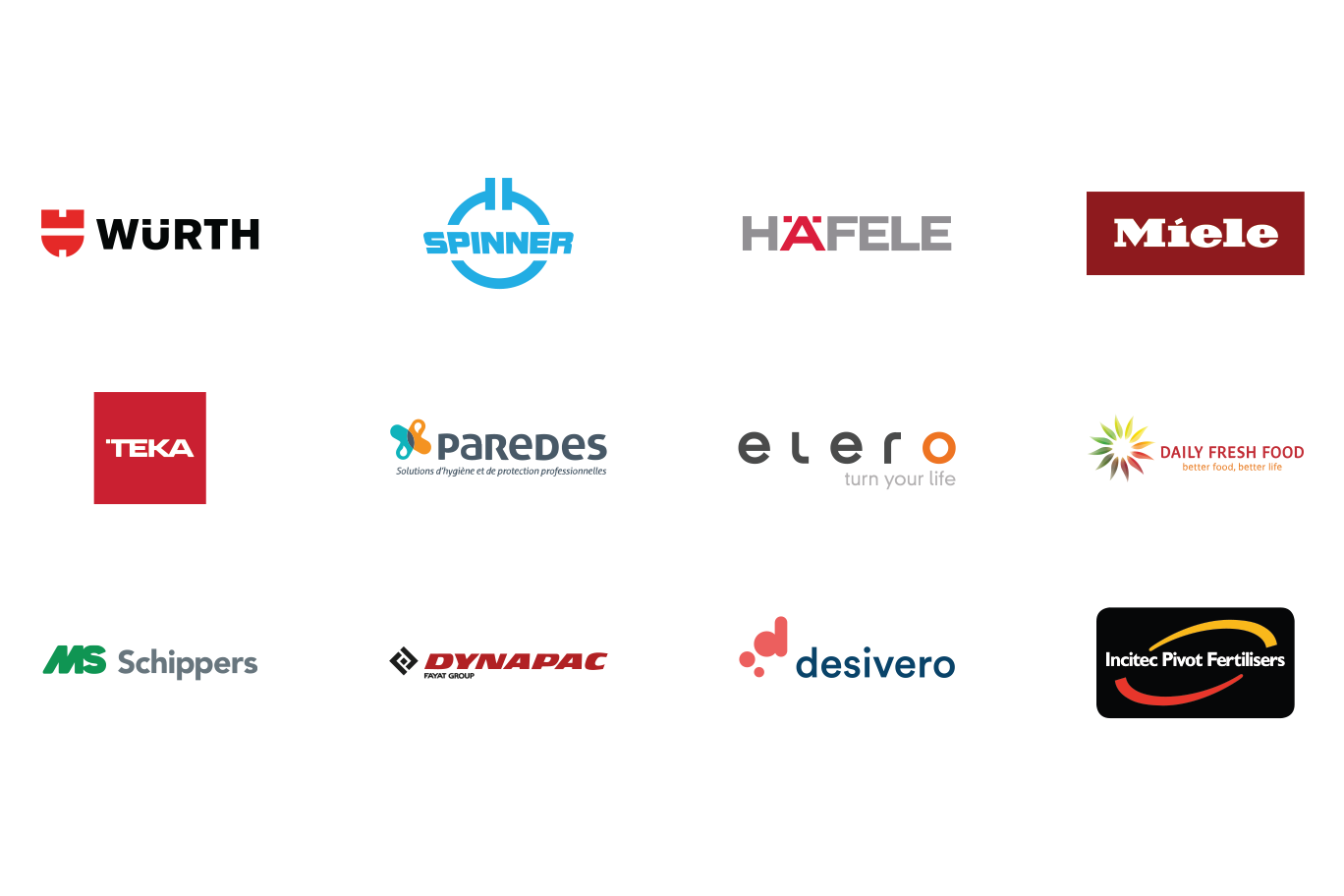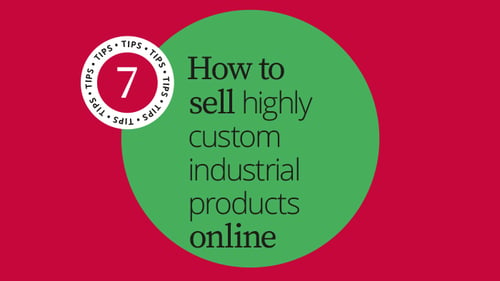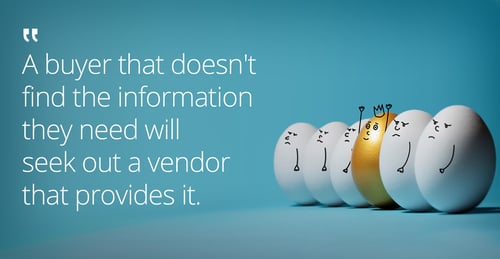Your guide to a growing B2B e-commerce business
The manufacturing industry is heavily impacted by the dizzying rate of change in digitalization, the rise of artificial intelligence (AI) and the increasing competition driven by market globalization. You can take advantage of that! Especially in after-sales, you can reduce costs by offering self-services, e.g., for spare parts orders, or you can integrate IoT elements such as the leasing of products (pay-per-use), predictive maintenance or the automatic reordering of spare parts (smart replenishment).
Increase your customer satisfaction and at the same time your revenue!
Our ebook provides you with:
- Practical recommendations for your next steps in e-commerce
- Customer reports and best practices from leading manufacturers
- Inspiration for a successful digital transformation of your B2B business processes
Write your own e-commerce success story! We will support you in every step.




